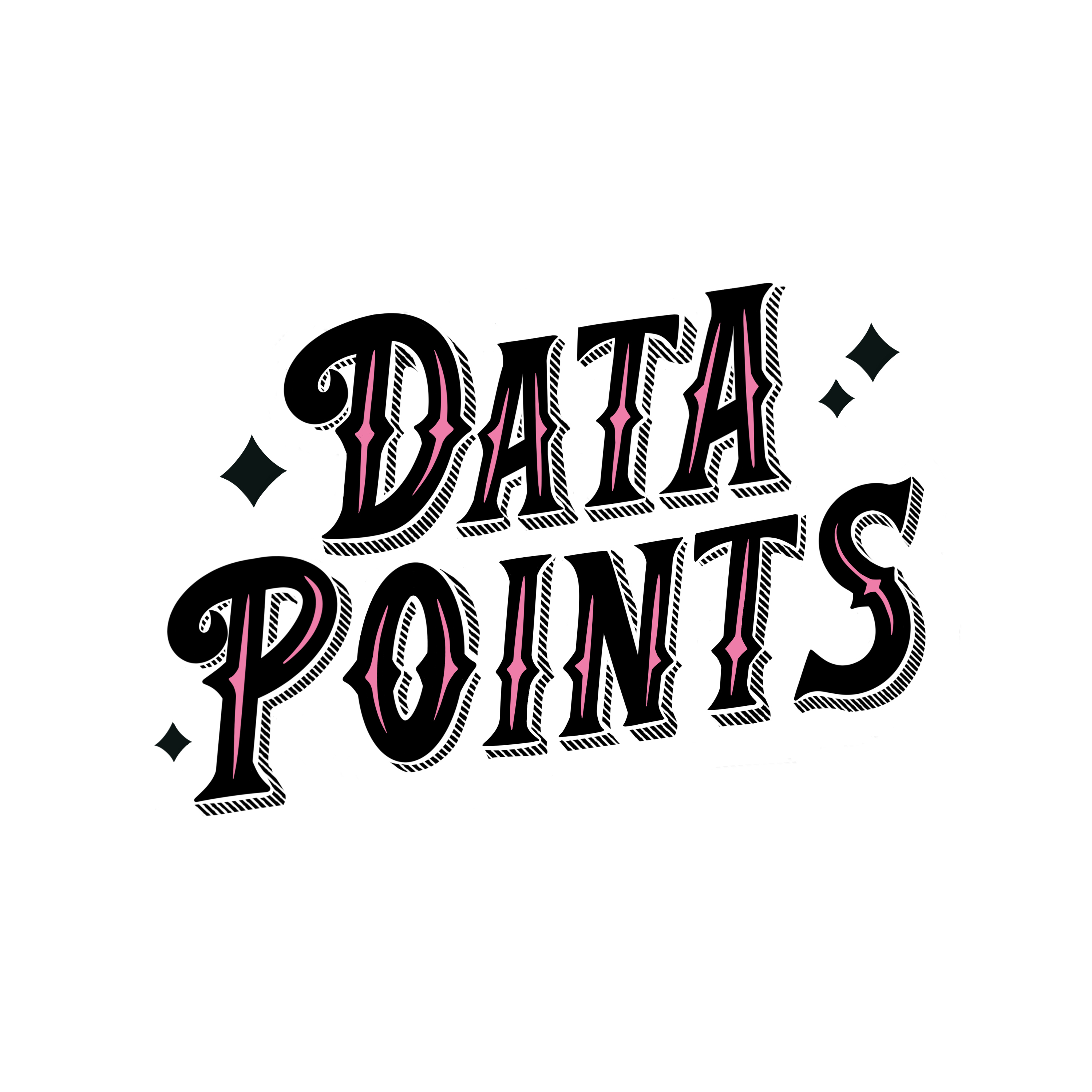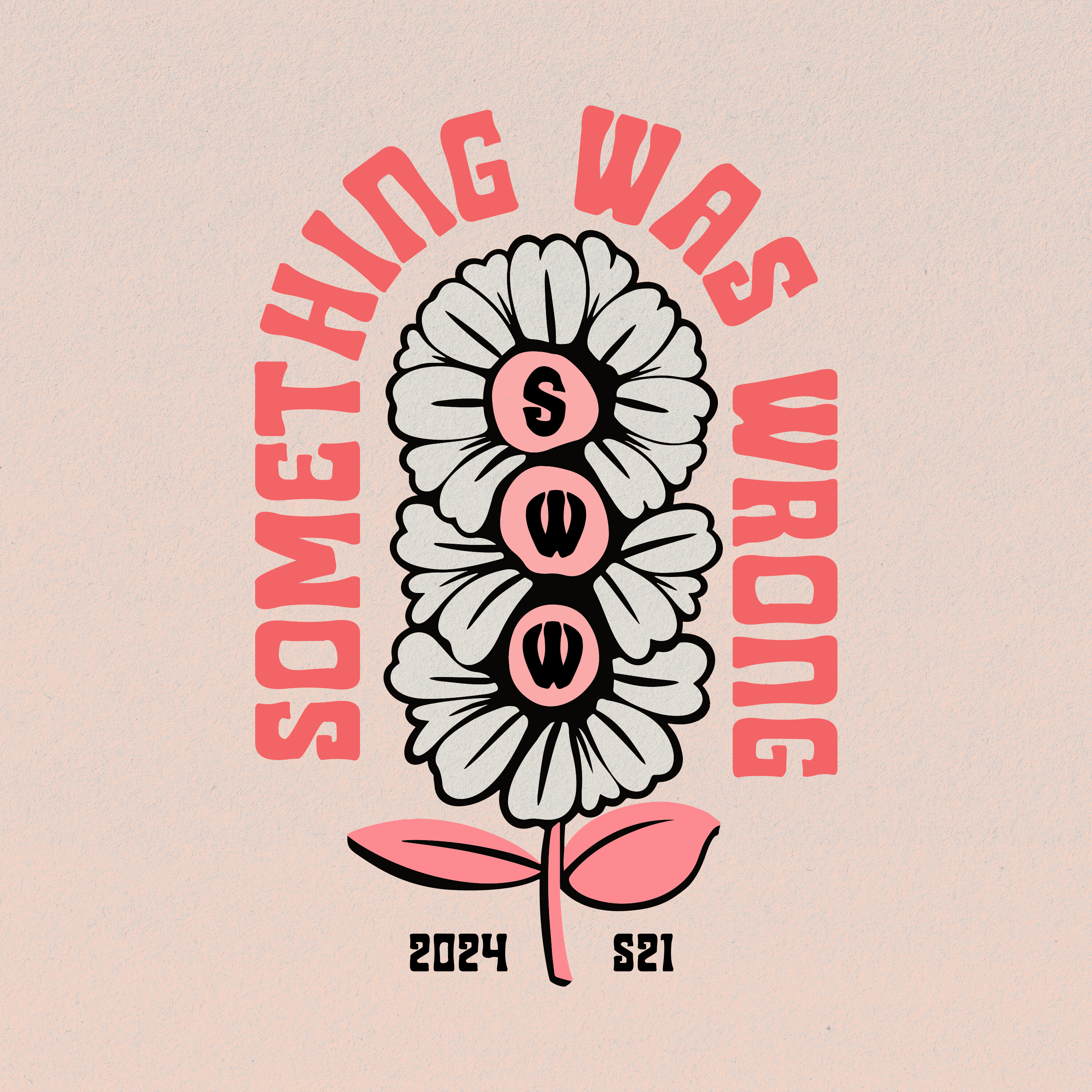
Data Points: How Social Media Impacts Our Mental Health (featuring Dr. Corey Emanuel)

Something Was Wrong
Chapters
- Social media can fragment attention and reduce sustained focus.
- Constant notifications and updates can impair memory retention.
- Frequent social media use conditions the brain to seek instant rewards, affecting cognitive development.
- Exposure to negative content can lead to increased stress, anxiety, and depression.
Shownotes Transcript
Wunder plus subscribers can listen to something was wrong early and add free right now. Join wonder plus in the wander APP or on apple podcast.
Hi friends. This stuck to corry manual media psychologist, mental health advocate and founder of men talking shift. The broken cycle media team is excited to offer a new series of educational episodes, which were calling data points.
These special episodes will include educational information, statistics and support on different topics that are important to our community. Thank you so much for listening. As a media psychologist, I am frequently asked, how is social media use affecting our brains? Is a valid question. Research shows that social media has both positive and negative effects on psychological, social and physical well being.
According to smart and sites, more than sixty two point six percent of the world now uses social media with the average daily usage time of two hours and twenty minutes, given these insights in the continuous development of social media platforms, examining the impact on brain structure function remains a constant concern. The rise of social media, the early two thousands marked a significant transformation in how we interact, communicate and share content online. Early social networks, like six degrees for inter in myspace, laid the groundwork by introducing basic features such as friends, less and personal profiles.
However, IT was the launch of facebook in two thousand and four that truly revolutionize social networking. Founded by mark za berg, facebook integrated a wide range of features include and status updates, photo sharing and the news feed, quickly becoming the dominant platform since then, social media networking sites like youtube, twitter, instagram and tiktok have emerged fundamental, transforming how we communicate, share information and interact socially. And while some studies show that social media can offer comfort during periods of loneliness, there are several potentially negative effects that has on the brain as well as our mental health.
Social media use can affect attention span. Research shows that social media platforms are designed to capture and hold our attention through a constant stream of notifications, updates in multi media content, online environments, encourage multi task and frequent ships, and focus, leading to fragging and attention. As users often find themselves switching between text and content quickly, IT reduces the time spent on any single activity.
The immediate gratification and endless novelty of social media content can diminish our ability to maintain sustained attention on prolonged, as some examples include reading a book, completing work assignments or writing creative works. The habitable nature of checking social media can create a compulsion to frequently look for new content and interactions instead of completing desire test. While some studies have shown that multi tasking has no adverse effects on attention, other literature suggest that extensive multitask may lead to poor performance on various corporate tax.
Social media imposes the conventional load as IT exposes users to a best amount of information in a short period. This information overall can overwhelm cogniac resources, making IT chAllenging to process and retain information effectively. Examples include not remembering details of important news stories or personal interactions, educational content or instructions.
Developing strategies to minimize and eruptions such as setting dedicated study or work periods without social media access can help improve information retention and overall learning effectiveness. As I mentioned, the constant notifications and updates on mea cus lead to fragment related to social media use, also affects the memory. And one experiment, a psychology professor at the university of alabama divided students into two groups are missed lecture.
One group kept their phones and one did. During the lecture, the students with phones received distracting messages, while the other group had no such eruptions. At the end of the lecture, both groups were tested on the material.
The findings revealed that the students distracted by their phones performed worse on average in the control group, particularly on questions about the material review. At the end of the lecture, the students who kept their phones and receive distracting messages during the lecture exhibited fragmented attention, which significantly impaired their ability to encode and retain information. Another sad effect of frequent social media use is that I can condition users to expect constant stimulation and gratification trigger ing the release of dopamine in the brain.
This dopamine effect reinforces the behavior, making users create more of the quick, rewarding interactions that social media over time. This can not only lead to a reduce attention span, but the brain also becomes increasingly condition to seek out and responded these instant rewards, rather than engage and sustain focus activities. According to the national library of medicine, stimulus such as laughing faces, positive recognition from tears and messages from loved ones can activate the same diametric reward pathways as drugs.
This hopes explain why our memory can be compromised by social media use as these rewarding interactions reinforce behaviors that distract from focus deep cognitive processing social media use can affect cognitive development, deep learning is essential for a long term cognitive development and the ability to apply knowledge in different context. The constant influx of brief, often sensationalized content can discount critical thinking. Social media users may become accustomed to accept the information at face value, rather than analyzing in questioning its validity and underlying assumptions.
According to the national library of medicine, the production of fake news often leads individuals to believe that this information struggle to distinguish from legitimate news and potentially share IT. Further, frequent exposure to misleading or sensational content can shape neural pathways related to information processing and decision making. This may lead to habitable, relies on emotional cues rather than critical thinking, making IT hard to break the cycle of accepting and spreading this information in addition to brain function, social media use can also have a significant impact on our mental health.
Studies show that although social media can provide a sense of blogging, excessive use or exposure to negative content or interactions can lead to increase stress, anxiety and depression. Increase stress, anxiety and depression can arise from various aspects of social media use, particularly cyber ly. The use of digital platforms to harass, imitate or harm individuals, victims may feel trapped as the harassment is not confined to a specific place or time, leading to a sense of helplessness ness and constant vigiLance.
Similarly, cyber socking, which can include tracking someone's online activity, singing and session messages or making threats, can create an environment of fear and anxiety for the targeted individual pay social relationships. One side of relationships where individuals formed strong emotional connections with celebrities, influencers or online personas who do not reciprocate these feelings may also lead to negative outcomes, as frequent exposure to idealize representations of others on social media can lead unhealthy comparisons impacting oneself of steam. These various factors lead many people to suspect that experiencing symptoms of altered brain functioning or mental health chAllenges might indicate an addiction to social media, prompting them to consider reducing or completely stopping their social media use.
I encourage social media users to not only be honest with themselves about social media behavior and experiences, but also to interrogate how they feel before and after social media use. Often, emotions from your offline life can be amplified by social media interactions, while comparisons on these platforms can trigger feelings of impostor syndrome and low self steam. Recognizing these signs can be an indication to take a break from social media or set alerts to limit your usage if you find that these issues are affecting your mental health and well being, it's OK to seek support from a licensed mental health professional.
They can provide guidance and strategies to help you manage the impact of social media and address any underline concerns. This can ensure that you maintain the baLance and healthy relationship with your digital life. For a more comprehensive list of related resources and support, please visit something was wrong that come for slash resources.
For the complete list of research studies and references from today's episode, please see the episode notes. I'm doctor korea manual, and you can follow me across social media at correa manuel or visit my website at correa manual dot com. Thank you so much for listening and learning with us.
If you like something was wrong, you can listen early and ad free right now by joining wunder plus in the wondering APP or on apple podcast, prime members can listen, add free on amazon music before you go tell us about yourself by filling out a short survey at wondering dot com flash survey.
In a quiet suburb, a community is shattered by the death of a lovely wife and mother. But this tragic loss of life quickly turns into something even darker. Her husband had tried to hire a hit man on the dark web to kill her, and he wasn't the only target, because buried in the debt of the internet is the killer st.
A cash of chilling documents containing names, photos, addresses and specific instructions for people's murders. This podcast is the true story of how I ended up in a race against time to warn those who lives were in danger. And IT turns out convincing a total stranger someone wants them dead is not easy. Follow careless on the wind. Wherever you get your podcast, you can listen to kill list and more exhibit cy true crime shows like more bid early and add free right now by joining one three plus check out exhibit seeing the wonder out for all your true home listening.
